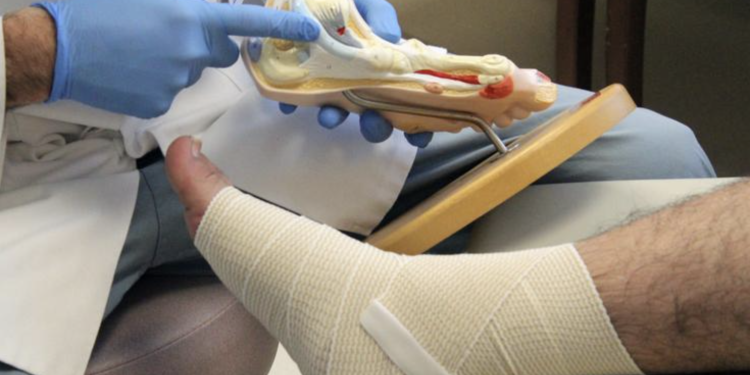Vascular problems may have a variety of effects on your body. It’s important to listen to your body’s cues, from small pains, discomforts, and more significant health concerns. If you see experience any symptoms or notice changes in your body, you don’t need to hesitate. You should consult a board-certified vascular surgeon in Houston immediately to properly treat and diagnose the problem.
What Does a Vascular Surgeon Do?
Vascular surgeons are professionals who have undergone extensive training in the field of vascular medicine. Arteries and veins are the highways of your circulatory system, which transports and returns oxygen-rich blood.
Body systems are rendered inoperable by the sluggish circulation of blood. Hypertension and artery hardening are two conditions that have the potential to cause blockages in your circulatory system and prevent blood from reaching all parts of your body.
The primary goal of a vascular surgeon is to find the best treatment option for each individual patient. Surgery isn’t always the best option in many circumstances.
Those with disorders that might impact their blood vessels, such as diabetes, high blood pressure, obesity, and smoking may also benefit from screening by a vascular surgeon in Houston.
What to Expect from the Vascular Surgeon in Houston
Your vascular surgeon will inquire about your health history, both personal and family, at your first consultation. Prepare an inventory of your existing drugs and health issues. You should also bring the results of any recent diagnostic testing, such as MRIs, ultrasounds, or computed tomography (CT) scans, as well as any blood work.
Because you may have to change into a gown, you should select comfortable clothes that is simple to get out of.
The vascular surgeon will undertake an examination in any locations where you are experiencing issues after discussing your medical history with you. Your issue will be accurately diagnosed, and a course of action will be laid out for you. It might entail more testing, dietary changes, medication, or surgery.
Who Can Be A Candidate for a Vascular Surgery?
1. You have legs that are bloated, painful, and discolored, with ulcers or lesions developing
A prominent cause of these symptoms is a venous illness, commonly known as venous insufficiency. Your legs, knees, and calves might be covered with purple or crimson varicose veins if you suffer from venous insufficiency. Swollen capillaries, which are tiny blood vessels, may also lead to spider veins.
Despite the fact that these concerns may seem to be only aesthetic, they may be a sign of a more significant vascular problem.
2. You suddenly feel excruciating back and stomach pain
As the artery wall weakens, it swells, causing an aneurysm, a condition that may lead to a stroke. Aneurysms may develop in any artery in the body, not only in the aorta, and not just in the brain, leg, or heart. It’s perilous to have aneurysms since they may cause life-threatening bleeding if they burst.
3. When you walk, your arms are hurting and throbbing
When your legs hurt after a short stroll, a sign of vascular disease known as “window shopping pain” or claudication may be present. When you take a break or a nap, your body feels better. You may be experiencing a blood circulation issue in your legs if you experience this.
There are two advanced indications of peripheral artery disease (PAD): numbness at rest and ulcers.
Consult with a Certified Houston Vascular Surgeon Today
Vascular health is a concern for many people. A vascular specialist is usually your best option if you’re not sure whether you need one. Vascular experts have specialized training in the diagnosis and treatment of vascular conditions that might limit your ability to live your life to the fullest. They are there to help you. When it comes to the most serious and urgent cases, it is imperative that you consult a board-certified Houston surgeon today.













